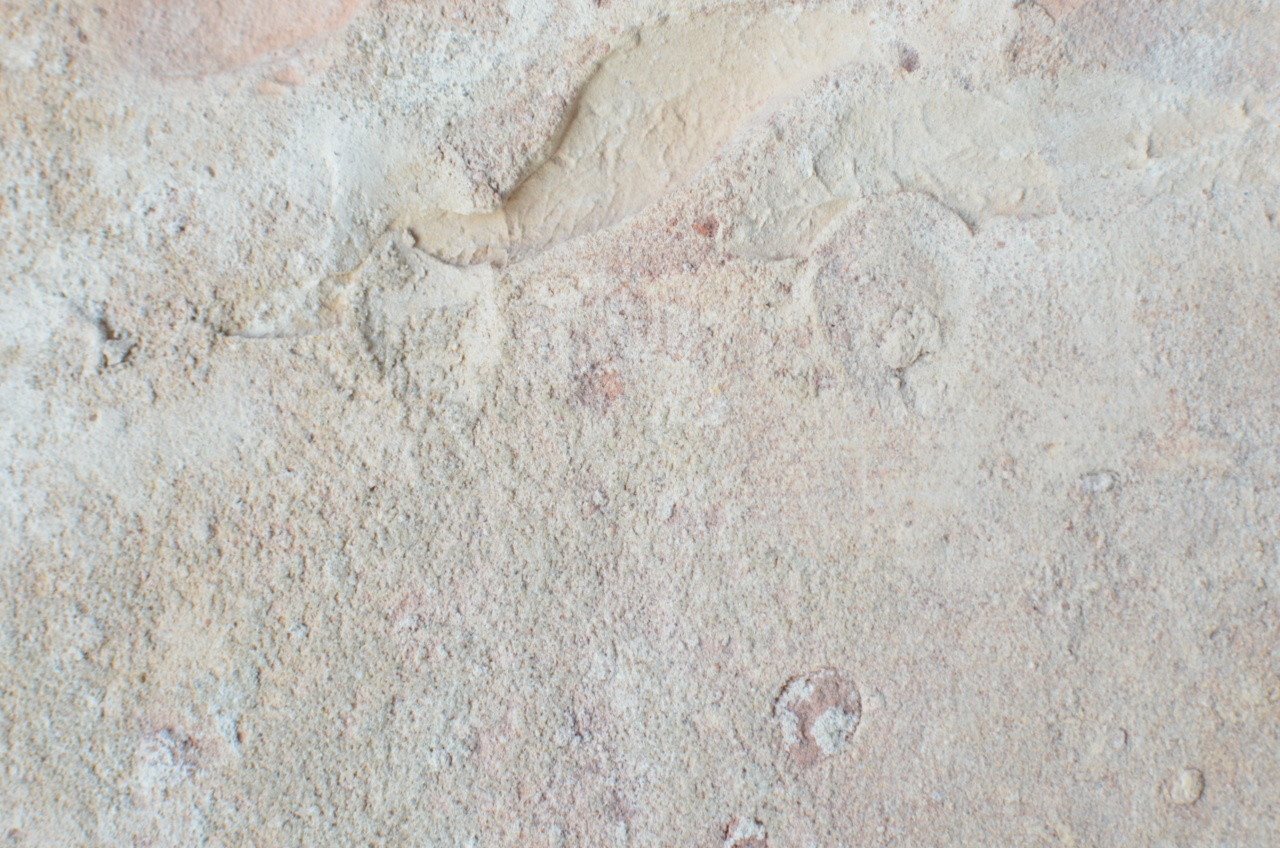The liver, the largest internal organ in the body, has several vital functions which include the filtering of blood, the storage of nutrients, and the detoxification of harmful substances.
Without a healthy liver, the body will not be able to absorb nutrients or eliminate toxins which can lead to severe health problems.
In today’s society, our livers are exposed to numerous toxins from the environment, food, and drinks that we consume. When our liver is overloaded with toxins, it can no longer function properly and can lead to significant health problems.
This article will explore the damage of a liver full of toxins.
The Role of the Liver in Detoxification
The liver is responsible for detoxifying harmful substances that enter the body such as alcohol, drugs, and environmental toxins. The liver converts these toxins into less harmful substances that can be excreted from the body.
The liver performs this detoxification process in two phases:.
Phase I Detoxification
In the first phase, enzymes in the liver break down the toxins into smaller molecules. These smaller molecules can then move to the second phase of detoxification.
Phase II Detoxification
In the second phase, the smaller molecules created in phase I are combined with other substances to make them water-soluble. This allows the body to excrete the toxins through urine or feces.
If the liver is overwhelmed with too many toxins, it can result in liver damage and lead to a range of health problems.
Health Problems Caused by a Toxic Liver
1. Digestive Problems
A toxic liver can lead to a range of digestive issues. The liver produces bile which is necessary for the digestion of fats. When the liver is unable to produce enough bile, it can lead to digestive problems such as bloating, constipation, and diarrhea.
2. Fatigue and Weakness
A toxic liver can lead to feelings of fatigue and weakness. When the liver is overloaded with toxins, it may not be able to perform its other functions efficiently which can result in a lack of energy.
3. Jaundice
Jaundice is a condition where the skin and the white of the eyes turn yellow. This happens when the liver is unable to excrete bilirubin, a substance that is produced when red blood cells break down. A toxic liver can result in jaundice.
4. Liver Cirrhosis
Repeated exposure to toxins can lead to liver cirrhosis – a condition where the liver tissue is replaced with scar tissue. This can lead to a range of health issues such as liver failure, edema, and hypertension.
5. Mood and Behavioral Issues
The toxins present in the liver can also lead to mood and behavioral problems. A toxic liver can impact the brain function leading to mood swings, anxiety, and depression.
6. Skin Problems
When the liver is unable to detoxify efficiently, it can result in skin problems such as eczema and acne. The toxins can also lead to itchy skin and yellowing of the skin.
7. Weight Gain
A toxic liver can also lead to weight gain. When the liver is unable to produce enough bile, it can lead to the accumulation of fat in the liver which can result in a fatty liver.
A fatty liver can make it difficult for the body to metabolize fat leading to weight gain.
Preventing Liver Damage
There are several things that can be done to prevent liver damage caused by toxins:.
1. Avoid Alcohol Consumption
Excessive alcohol consumption can be detrimental to the liver. Limiting or avoiding alcohol can help protect the liver from damage caused by toxins.
2. Avoid Exposure to Environmental Toxins
Avoiding exposure to environmental toxins such as pesticides, cleaning products, and chemicals can help prevent liver damage.
3. Maintain a Healthy Diet
Avoiding processed foods, sugar, and unhealthy fats and eating a diet rich in vegetables, fruits, and lean proteins can help support liver function.
4. Exercise Regularly
Regular exercise can help improve liver function and support the body’s natural detoxification process. Aim for at least 30 minutes of exercise most days of the week.
5. Take Supplements
Several natural supplements such as milk thistle, dandelion root, and turmeric can help support liver function and aid the body in its natural detoxification process.
Conclusion
A toxic liver can lead to severe health problems and damage. Fortunately, there are several things that can be done to support liver function and prevent liver damage.
By reducing exposure to toxins, maintaining a healthy diet, exercising regularly, and taking supplements, it is possible to support the liver’s vital functions and live a healthy life.





























